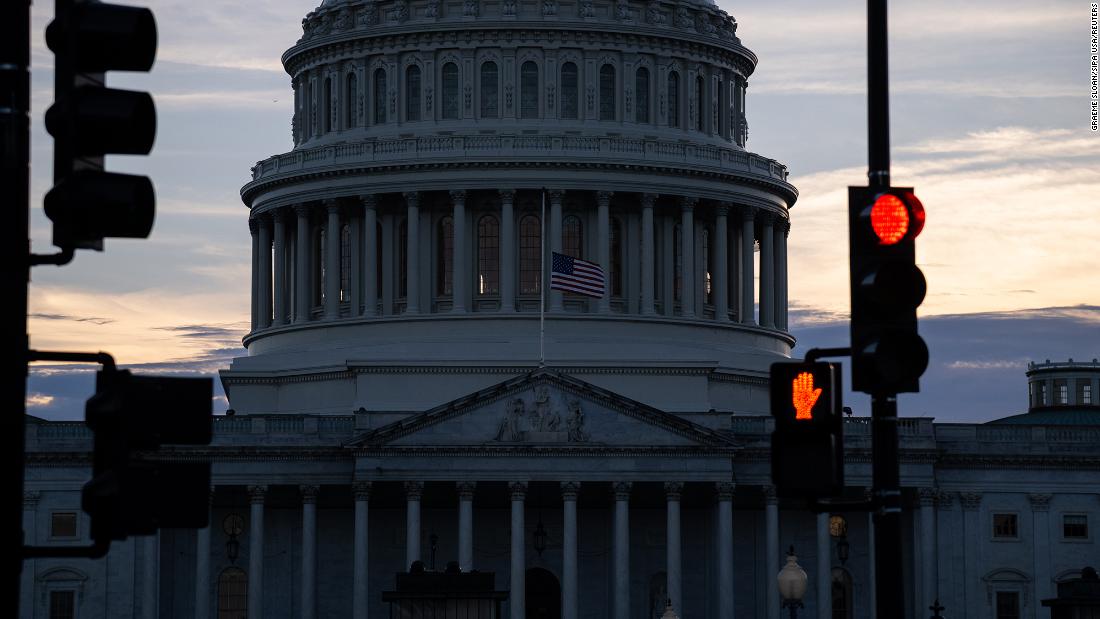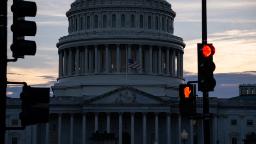Will the bill live up to its name? That’s debatable. And debate we shall for months to come, on through the midterm elections and beyond.
RED ALERT RED ALERT, DANGER DANGER. Did she just say taxes? Nooooo, cry the titans of industry who’ve spent billions in beltway lobbying to make the very idea of raising corporate taxes equal to hating America and freedom and puppies.
The Business Roundtable, a powerful lobby representing American CEOs, said over the weekend that while it supports policies in the bill to encourage clean energy, the minimum corporate tax would suppress domestic investment and “undermine the competitiveness of America’s exporters.”
The American Petroleum Institute, the biggest oil and gas trade group, is also not a huge fan. Shocking, I know.
But on Sunday, the free-loving hippies over at Goldman Sachs issued what I like to call an “everyone calm down” report, saying businesses can expect minimal fallout from the tax provisions.
Key points from Goldman Sachs:
- The buyback tax and minimum corporate tax will lower per-share profits next year among S&P 500 companies by just 1.5%. (Which, if my math is right, means some companies may go from making a ginormous amount of money to a still-pretty-freakin’ huge amount of money.)
- Companies that pay low effective tax rates, such as health care and technology firms, would see a bigger hit.
- The 1% tax on share buybacks would shave 0.5% from S&P 500 earnings, assuming the pace of buybacks holds steady.
- The net fiscal impact of the Inflation Reduction Act looks “very modest,” translating to less than 0.1% of GDP over the next several years. That’s because the new spending and taxes “roughly offset,” the bank said.
NUMBER OF THE DAY: $525 million
Axios, founded in 2017, is known for its bulletin-style newsletters and bite-size briefings (hey, that’s our thing!) During the Trump administration, the site had early success with its sit-down interviews with the president and a string of scoops, making it a must-follow among DC policy wonks and New York media nerds (we know what we are).
GET TO WORK
If the bosses are whingeing about a labor shortage, it’s time for the bosses to roll up their sleeves and get to work. That seems to be the message from Qantas, Australia’s flagship airline, which has just asked its senior executives to help fill out the ranks of baggage handlers.
“Oi mates, passengers are mad as a bag of snakes and it’s hurting the bizzo, so chuck your lappy in the bin and get ready to av a go at some yakka…” That’s how I, an American, like to imagine the APB from Qantas HQ sounded.
In reality the statement from an airline spokesperson to CNN Business went like this:
“We’ve been clear that our operational performance has not been meeting our customers’ expectations or the standards that we expect of ourselves — and that we’ve been pulling out all stops to improve our performance.”
BOTTOM LINE
The labor isn’t new, but it’s also winter Down Under, and that’s brought with it a spike of seasonal flu and Covid cases, per Qantas’ chief operating officer.
Like most airlines, Qantas slashed its workforce in 2020 as it tried to stay afloat during the height of the pandemic. Rehiring has been slowwwwww. Airports and carriers alike have struggled to cope with the rebound in travel demand since then, which is why traveling this summer (or winter, for our Southern Hemisphere friends) has been downright hellish.
QUOTE OF THE DAY
“[She’s] wrong. It won’t decrease inflation, it will increase inflation.”
–—John Van Reenen, professor at the London School of Economics
If you’ve been snoozing on recent British politics news, now’s a fun/scary time to tune in.








More News
Biden Revisits His Past in Interview With Howard Stern
Biden Taunts Trump, Calling Him a ‘Loser,’ Trying to Get Under His Skin
Denied a Second Chance at a Normal Senior Year